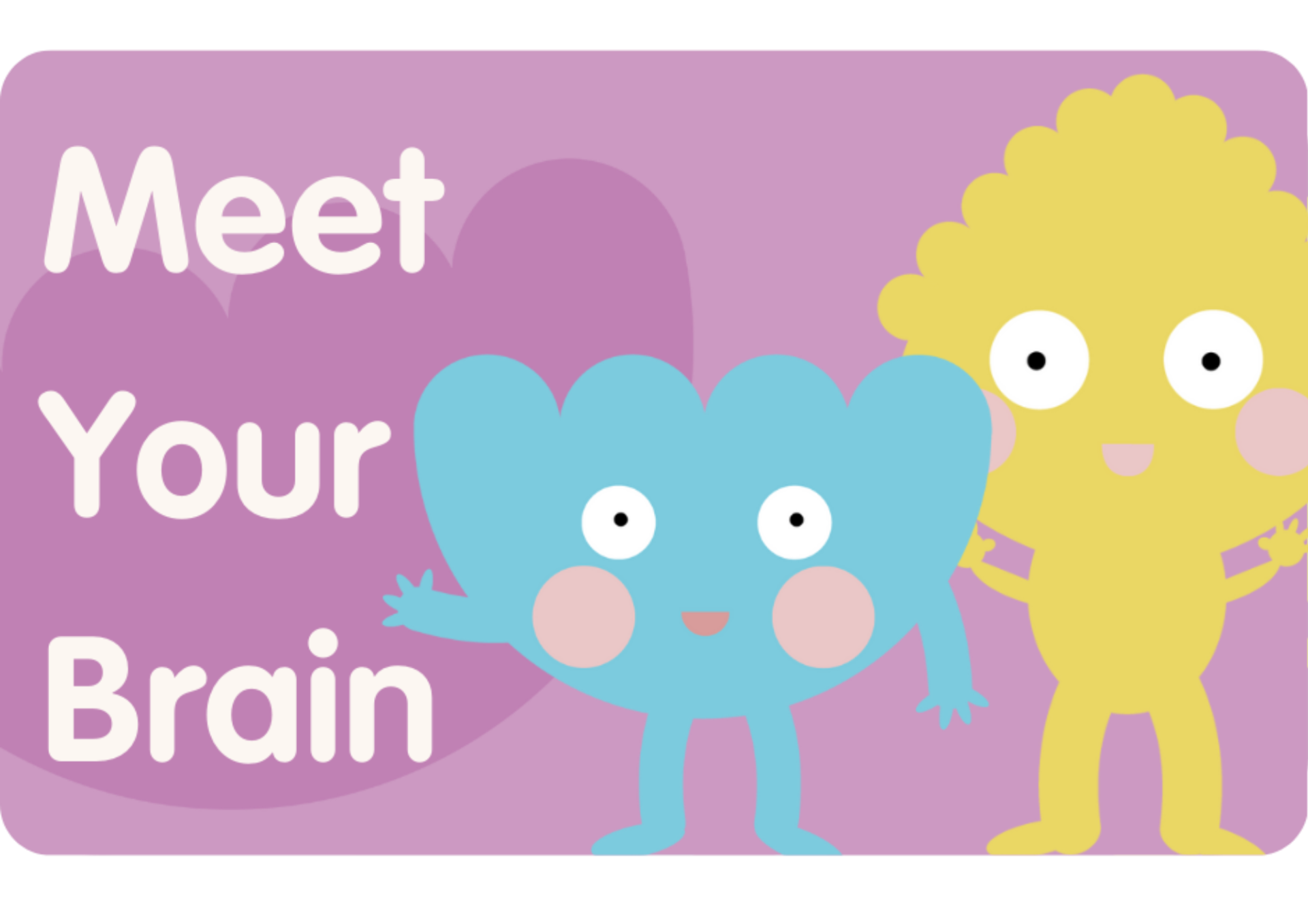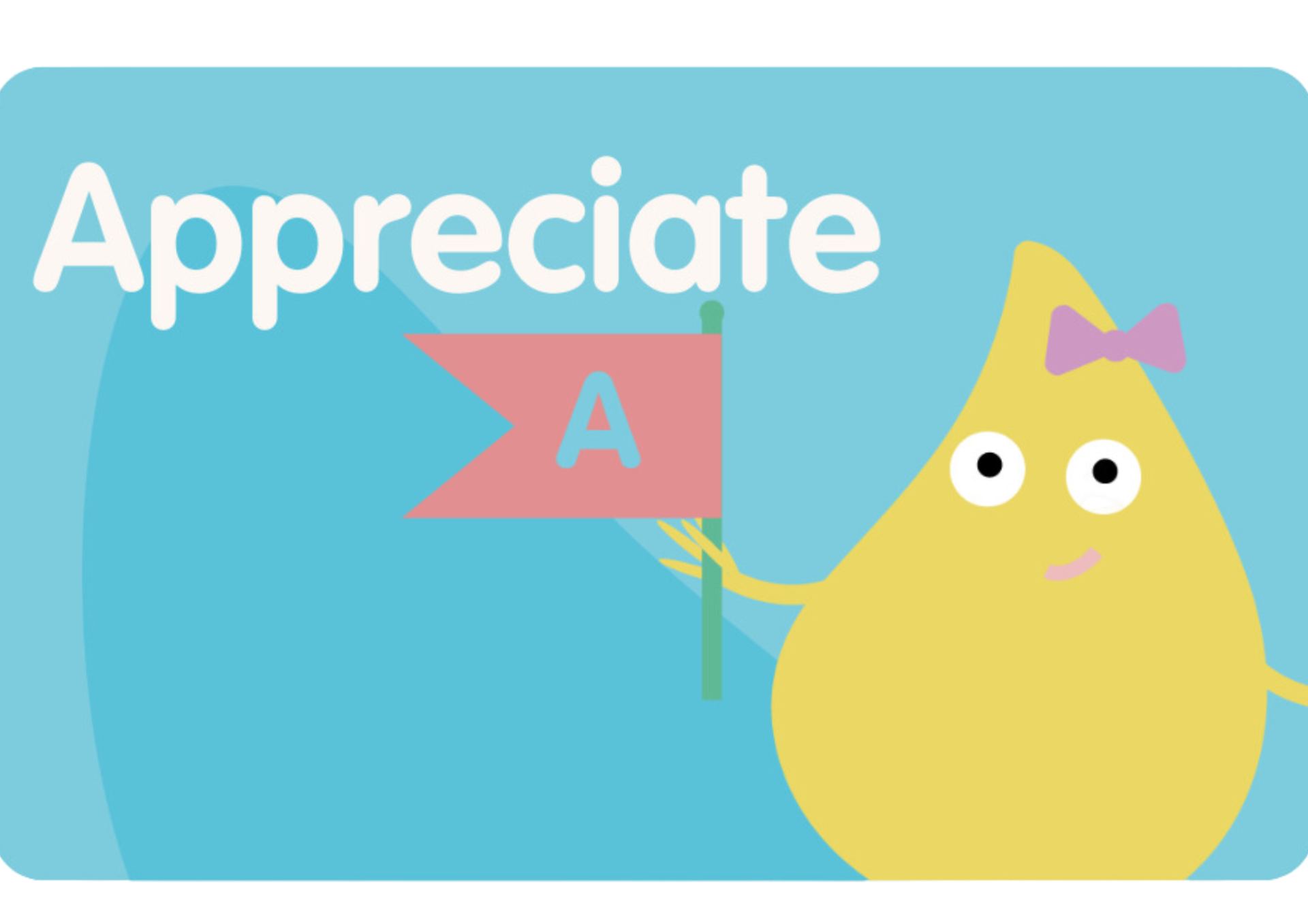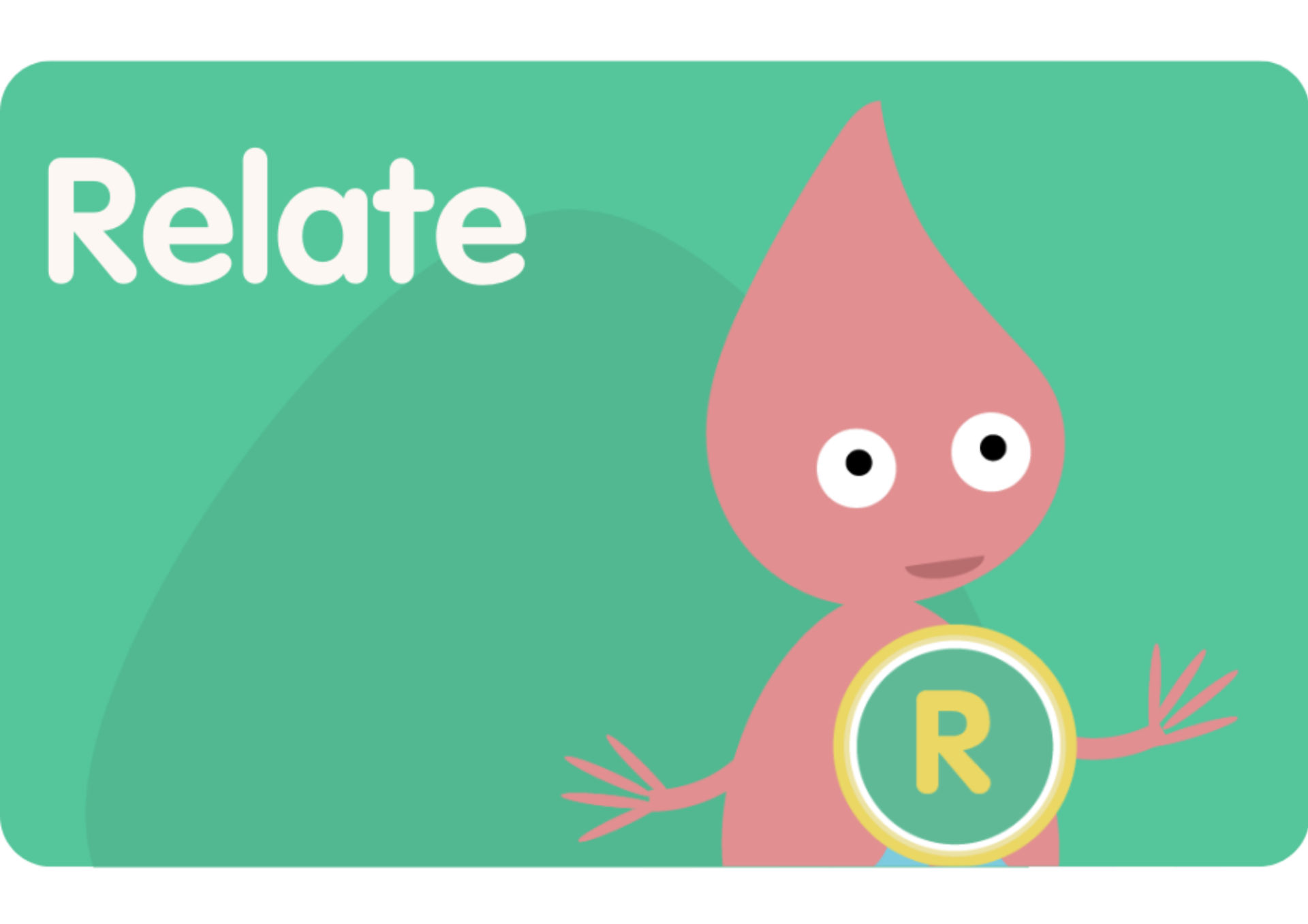Personal, Social & Health Education
Jigsaw PSHE
At Gorsefield Primary School, we have introduced a whole school PSHE scheme called Jigsaw. Jigsaw combines PSHE, emotional literacy, mindfulness, social skills and spiritual development.
Jigsaw is designed as a whole school approach, with all year groups working on the same theme (Puzzle) at the same time. This enables each Puzzle to start with an introductory assembly, generating a whole school focus for adults and children alike. There is a Weekly Celebration that highlights a theme from that week’s lessons across the school, and encourages children to try to reflect that learning in their behaviour and attitudes.
Jigsaw aims to help children know and value who they really are and how they relate to other people in this ever-changing world.
There are six Puzzles (half-term units of work) each with six Pieces (lessons). Every year group studies the same Puzzle at the same time (sequentially ordered from September to July), allowing for whole school themes and the end of Puzzle product, for example, a display or exhibition (like the Garden of Dreams and Goals) to be shared and celebrated by the whole school. Each year group is taught one lesson per week and all lessons are delivered in an age- and stage-appropriate way so that they meet children’s needs.
The different puzzle pieces are:
- Being Me in My World
- Celebrating Difference
- Dreams and Goals
- Healthy Me
- Relationships
- Changing Me
Relationships & Sex Education
An important part of the Jigsaw PSHE programme is delivered through the ‘Relationships’ and ‘Changing Me’ puzzle pieces which are covered in the summer term.
There are four main aims of teaching RSE:
- To enable children to understand and respect their bodies
- To help children develop positive and healthy relationships appropriate to their age and development
- To support children to have positive self-esteem and body image
- To empower them to be safe and safeguarded
Each year group will be taught appropriate to their age and developmental stage. At no point will a child be taught something that is inappropriate; and if a question from a child arises and the teacher feels it would be inappropriate to answer, (for example, because of its mature or explicit nature), this information with be shared with you by your child’s class teacher. The question will not be answered to the child or class if it is outside the remit of that year group’s programme.
Below is a summary of RSE coverage within the Jigsaw scheme for each year group:
• Foundation Stage – Growing up: how we have changed since we were babies
• Year 1 – Boys’ and girls’ bodies; naming body parts
• Year 2 – Boys’ and girls’ bodies; body parts and respecting privacy (which parts of the body are private and why this is)
• Year 3 – How babies grow and how boys’ and girls’ bodies change as they grow older
• Year 4 – Internal and external reproductive body parts, body changes in girls and menstruation
• Year 5 – Puberty for boys and girls, and conception
• Year 6 – Puberty for boys and girls and understanding conception to birth of a baby
Further information about how the school approaches the teaching of Relationships and Sex Education through the Jigsaw programme can be found within the documents listed below:
Jigsaw Information for ParentsJigsaw RSE ConsentJigsaw RSE Information for Parents
Jigsaw Guide and Information for ParentsJigsaw LGBT Information for Parents
Mental Health

At Gorsefield Primary School, we know that the emotional well being of children is just as important as their physical health. We understand that early intervention is key to giving our children the best start in life and ensure that we teach them the skills they need to recognise and deal with their emotions. Good mental health allows our children to develop the resilience to cope with whatever life throws at them and grow into well-rounded, healthy adults.
How can we ensure we look after our mental health:
- Get involved in physical activity to boost our moods
- Lead a healthy lifestyle and make good choices with food
- Prioritise self-care and time to relax
- Take time to play and be creative
- Build positive relationships with those around us
- Build positive sleep habits in a good sleep environment.
Here in school, there are many ways we support our children’s health and well being. The Inclusion Team in particular work closely with our families to ensure that they have access to support networks where necessary, including access to our range of parental workshops in school and signposting to support across Bury.
For more information, please speak to Mrs Ireland, Gorsefield's Mental Health First Aider and Pastoral Lead.
At Gorsefield, 'MyHappyMind', the award winning program for schools & nurseries, families and organisations, runs along side out PSHE curriculum. The program has been commissioned by the NHS and is delivered by class teachers each week.
It teaches preventative habits that support positive mental health, resilience and self esteem. All of the concepts taught are based on science and research and grounded in neuroscience and positive psychology.
The myHappymind curriculum is grounded in scientific research and helps children to:
- Feel happier
- Know what to do when they feel worried or stressed
- Improve their focus and learn more
- Achieve more of the goals that they set for themselves
- Develop better relationships with friends and families
- Feel great about who they are and have positive self esteem.
The lessons are split across 5 modules: Meet Your Brain, Celebrate, Appreciate, Relate and Engage












